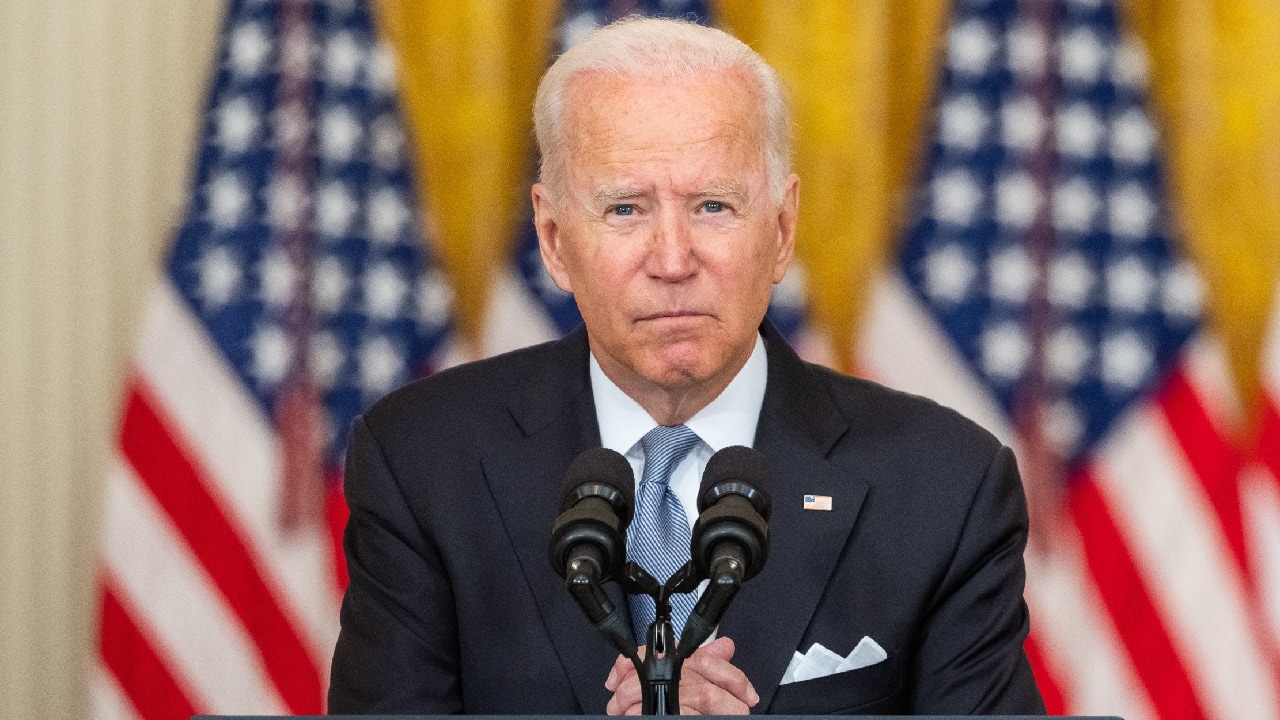What Is Joe Biden’s Student Loan Forgiveness Plan?- On Thursday, President Joe Biden said that he is “taking a hard look” at canceling some federal student loan debt and that he would reach a decision within the next month.
Speaking to journalists at the White House, the president said that he considering some “debt reduction,” not total debt forgiveness.
Just days earlier, one Democratic legislator gave hope to the progressive wing of the Democratic Party, claiming that the president had indicated to him his willingness to forgive some debt.
Rep. Tony Cardenas, a California Democrat, said in an interview on Wednesday that he had discussed the issue with the president during a meeting with the Congressional Hispanic Caucus on Monday.
“He immediately smiled and said, ‘I’ve extended in the past, and you’re going to like what I do next,’” Cardenas revealed. “So I said, ‘Okay, wonderful, next question.’”
Back to Campaign Pledges
President Joe Biden could be preparing to follow through on a campaign promise to “immediately cancel” a minimum of $10,000 of federal student loan debt per person. Since entering the White House, Biden has implemented a series of pauses on student loan repayments as part of the COVID-19 stimulus packages – but he appears to be going further now that the country has left the “pandemic phase” of COVID.
The White House has not yet decided on the exact plan of action, but reports suggest that the president will not consider going as high as $50,000 per borrower – a figure long pushed by progressive Democratic Senator Elizabeth Warren and a multitude of advocacy organizations.
There are also new reports suggesting that the Biden Administration is now weighing some sort of income caps for eligibility for student loan relief. These would exclude higher-earning Americans, according to three sources “aware of administration discussions” per the Washington Post.
Why Is Biden Doing This Now?
Ignoring the fact that many would argue the extension on student loan repayments is no longer necessary, with businesses open once again and millions of Americans back at work, the president may also be incentivized by poor approval ratings in the run-up to the 2022 midterm elections.
At present, Republicans seem to be on track to sweep up in the Senate and House elections later this year. A new NPR/PBS News Hour/Marist poll found that some47% of registered voters are likely to vote for a Republican candidate, while 44% say they will support a Democrat.
Another poll from Quinnipiac University also shows President Joe Biden’s approval ratings with Hispanic voters at an abysmal 26%, with Hispanic voters increasingly preferring Republican candidates over Democrats.
With less than six months to go before the midterm elections, Biden and the Democrats will need to ensure they motivate their core voters to turn out and help them keep control of Congress.
Student loan forgiveness could be just the ticket to keep young voters on their side.
Jack Buckby is a British author, counter-extremism researcher, and journalist based in New York. Reporting on the U.K., Europe, and the U.S., he works to analyze and understand left-wing and right-wing radicalization, and reports on Western governments’ approaches to the pressing issues of today. His books and research papers explore these themes and propose pragmatic solutions to our increasingly polarized society.

